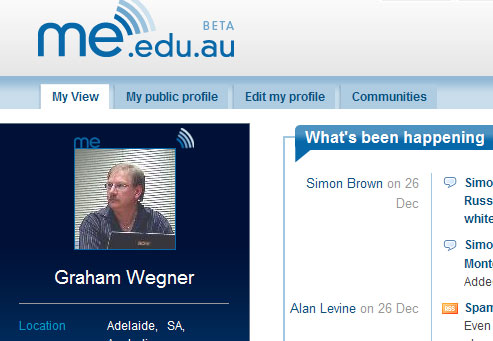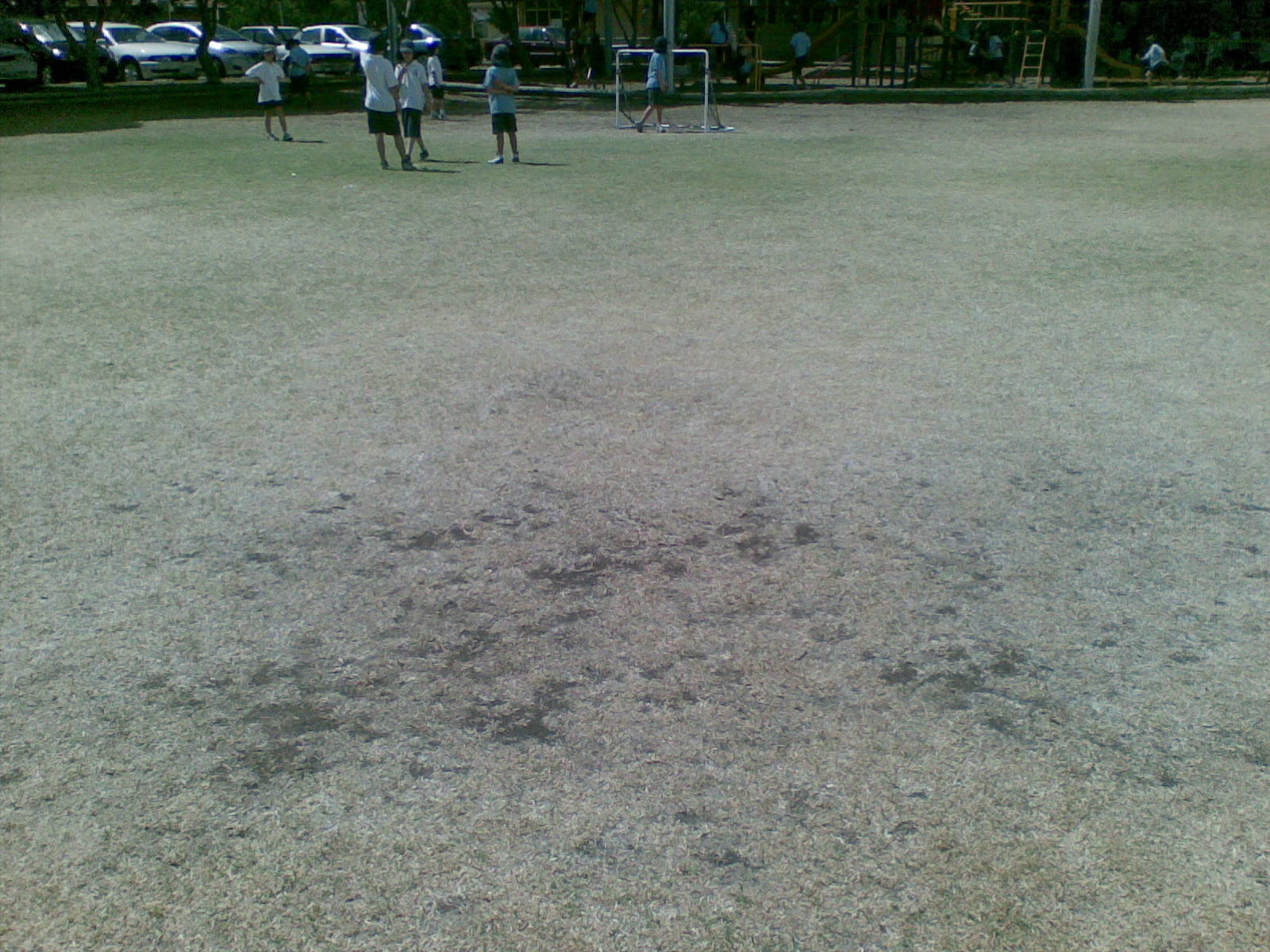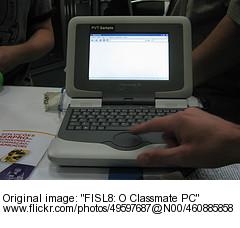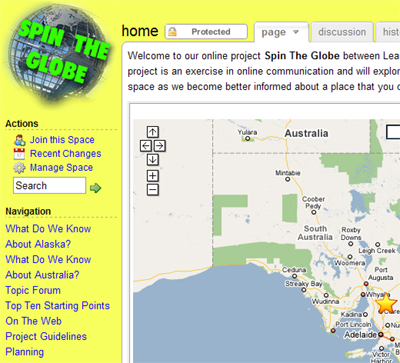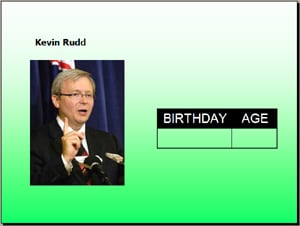This is a fictional post - any resemblance to real educators or this blog post in particular, are entirely coincidental.
Once upon a time, not so long ago, a bright-eyed idealist ICT (edtech) coordinator discovered Web 2.0. It was love at first sight and he then started his own blog. One thing led to another as these things do and before long he was publishing wikis and attending online conferences and bookmarking madly and commenting all over the place. And while his own learning took off at an unprecedented rate, he struggled to work out how to utilise these new tools and methodologies into his own classroom. But he stuck at his new web-enabled style of learning, eventually establishing himself as a C list edublogger. He read "The World Is Flat" and "A Whole New Mind" as texts of almost biblical influence and networked worldwide with Americans and Kiwis and Brits and Canucks and even fellow Aussies. Teachers at his own school snickered at him at first, skeptical about his time management skills because after all, what hard working teacher has time to poke around on the internet?
This year, the coordinator had a brilliant idea to leapfrog his students into the digital collaborative age - global projects. He'd seen wiki based projects and reckoned that they would be ideal for his middle school students focus on Communication. Being an educator with an inclusive conscience, he decided that it should be "Global Projects For All" in his four teacher block.
He sat down and outlined his brave plan to his learning team colleagues. They seemed keen, having experienced wikimania in the previous year when their students used wikis to collaborate within their classrooms. And they saw the logical extension from that venture - connecting and working with students elsewhere in the world. What better way could there be to explore the process of digital communication for a real purpose? The coordinator's head swam dizzily with the possibilities - the students would grab this opportunity and make it their own, the teachers would experience first hand the power of global collaboration and the bridges of understanding between the citizens of the future would start to be built.
But the coordinator had a tight rope to walk - these projects needed his support to get on the path to success but at a certain point, he had to stand back and let his colleagues steer their own ship. He leveraged his online learning network and lined up high quality teacher/classroom partners from North America, Asia and the South Pacific. He led out in his own classroom ahead of schedule and modelled a similar approach for the other teachers in his building. Then he stepped away giving his comrades room to breathe and find their own way. Plus he soon became engulfed in the process of keeping his own Global Project afloat.
Back in his own classroom, his students worked hard with various digital media, building their wiki while the coordinator participated in email flurries with his global partner, anticipated and designed workarounds for the many barriers, made cross curricular links with the goal of getting the kids engaged in accessing primary sources of information to build their knowledge about a new part of the world. The coordinator checked in with his colleagues periodically to field technical issues and be supportive - but he assumed that if he wasn't being pestered then the teachers and their classes were going well. After all, he had worked hard to provide cutting edge partners for their projects.
Then signs started to appear that maybe his learning team mates weren't all that taken or driven by this concept. Inquiring emails from the highly sought after global partners started to appear in the coordinator's Gmail box.
"Is the class at your school still involved?"
"I've sent three emails without reply and my class are concerned."
"Is my partner class ready to start yet?"
Things to be going astray for the coordinator. His comrades didn't seem to see the same importance of the venture as he did. One teacher took some personal leave but the message back to the global partner didn't get there leaving them in the dark about the status of the project. Another also took leave (but informed their partner) and the other teacher scored a new job. All of a sudden, the coordinator was juggling four global projects with different goals and various stages of progress. He was starting to realise that equity in this situation was a fallacy, that his lofty (and not always well thought out) ideas weren't shared by everyone and issues (and their possible solutions) that were as plain as day to him were puzzling and bewildering to others.
"We've done some photo stories but they won't upload to the wiki."
The coordinator sighed.
"You'll have to upload them to Teacher Tube first and then embed them in the wiki."
"What's Teacher Tube? Perhaps you could do it for us."
"But it's the last day of school tomorrow..."
And as always, the coordinator gritted his teeth, eyed off the list of priorities on his to-do list, glanced across at his own waiting class and conceded some ground.
"If I get some time, I'll see what I can do. "
Next year, he'll scale it all down.
Next year, the teachers can find their own global partners. Let them spend hours on the web making their own online connections, he thinks uncharitably.
But maybe there's the small moral hidden in this unremarkable tale. How can teachers appreciate the magnitude, the networking, the collegiality of the teachers already online, the sharing and the whole deal if some schmuck does the hard yards for them? How can they be totally committed to creating a unique learning opportunity for their students if they themselves haven't invested some virtual blood, sweat and tears?
To be continued....

